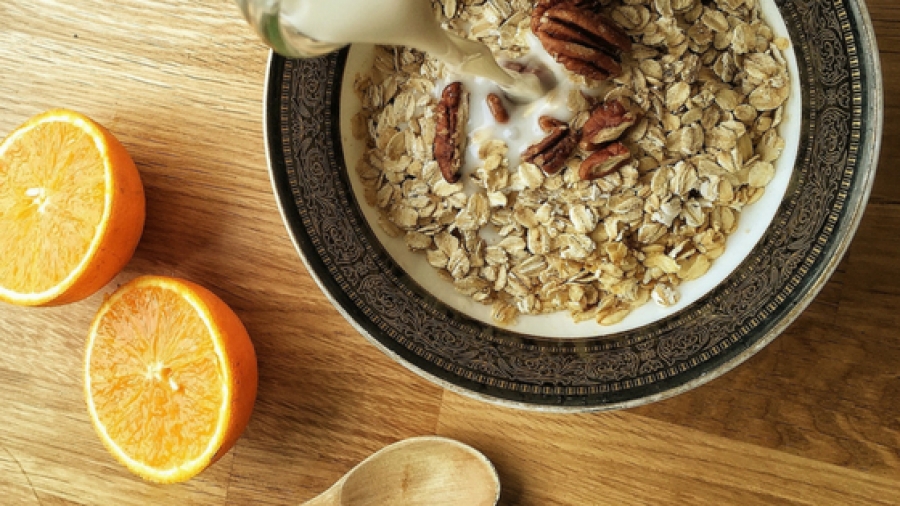How to Build a Proper Skincare Routine
- Published in Primary Prevention & Lifestyle

As much as we want to keep the effortless, glowing skin from our early twenties forever, unfortunately, our skin starts to change as we grow older. Some of these changes include less elasticity, thinning skin, wrinkles, fine lines, and more moles, freckles, and age spots. However, you don’t have to accept this as an inevitable fate if you make a conscious effort to take care of it. Great skin can still be possible even with aging, depending on how you care for your skin and the products you use. Let’s dive into a great skincare routine to help you achieve the beautiful and radiant skin you absolutely deserve no matter what age you are! We’ve put together some skincare tips and a step-by-step guide to building an ideal skincare regimen that can help get you back on track to beautiful skin! Keep reading.
8 Diet Foods that Can Make You Gain Weight
- Published in Weight Loss

As more and more Americans are being affected by obesity, it is more important than ever to be properly educated on foods we should be consuming and foods we should probably avoid if weight has been an ongoing issue. A lot of “diet foods” that are usually distinctly labeled with low-fat, low-calorie, or fat-free have been marketed to people wanting to lose the extra pounds. Unfortunately, some of these labels are actually misleading and can cause weight gain instead. Keep reading to learn more about these deceptive foods.
How to Choose the Best Anti-Wrinkle Cream
- Published in Hormones & Health
7 Best Anti-Aging Foods
- Published in Diet, Nutrition & Supplements
Metformin: is it an anti-aging pill?
- Published in Primary Prevention & Lifestyle

Primary Prevention as an Anti-Aging Strategy - the importance of starting down the right path
- Published in Primary Prevention & Lifestyle

DHEA supplementation in older adults helps reverse arterial aging
- Published in DHEA

When it comes to health promotion and longevity, DHEA is a supplement which deserves more attention than it has been getting.
DHEA levels (the main circulating form of DHEA in the bloodstream is DHEAS) decrease approximately 80% between ages 25 and 75 year.[1, 2]This large decline in DHEA has led to interest in the possibility that aging related DHEA deficiency may play a role in the deterioration in physiological and metabolic functions with aging, and in the development of chronic diseases.
In support of this, it has been reported that DHEA level is negatively correlated with mortality and risk of developing cardiovascular disease (CVD) (i.e. lower DHEA(S) levels are associated with higher mortality and CVD risk).[3-5]More recently it has been found that a steep decline or extreme variability over time in DHEA(S) levels is associated with higher mortality, more so than baseline DHEA(S) levels.[6]
Aging not only reduces DHEA(S) levels, but also results in an increase in arterial stiffness [7, 8], which is an independent predictor of cardiovascular disease (CVD) risk and mortality.[9-11]
It has been reported that DHEA levels are inversely associated with arterial stiffness (i.e. lower DHEA levels are associated with increased arterial stiffness. [7, 12, 13] Therefore, it is possible that DHEA replacement in older adults could reduce arterial stiffness, and thereby contribute to reduction in CVD and mortality...





